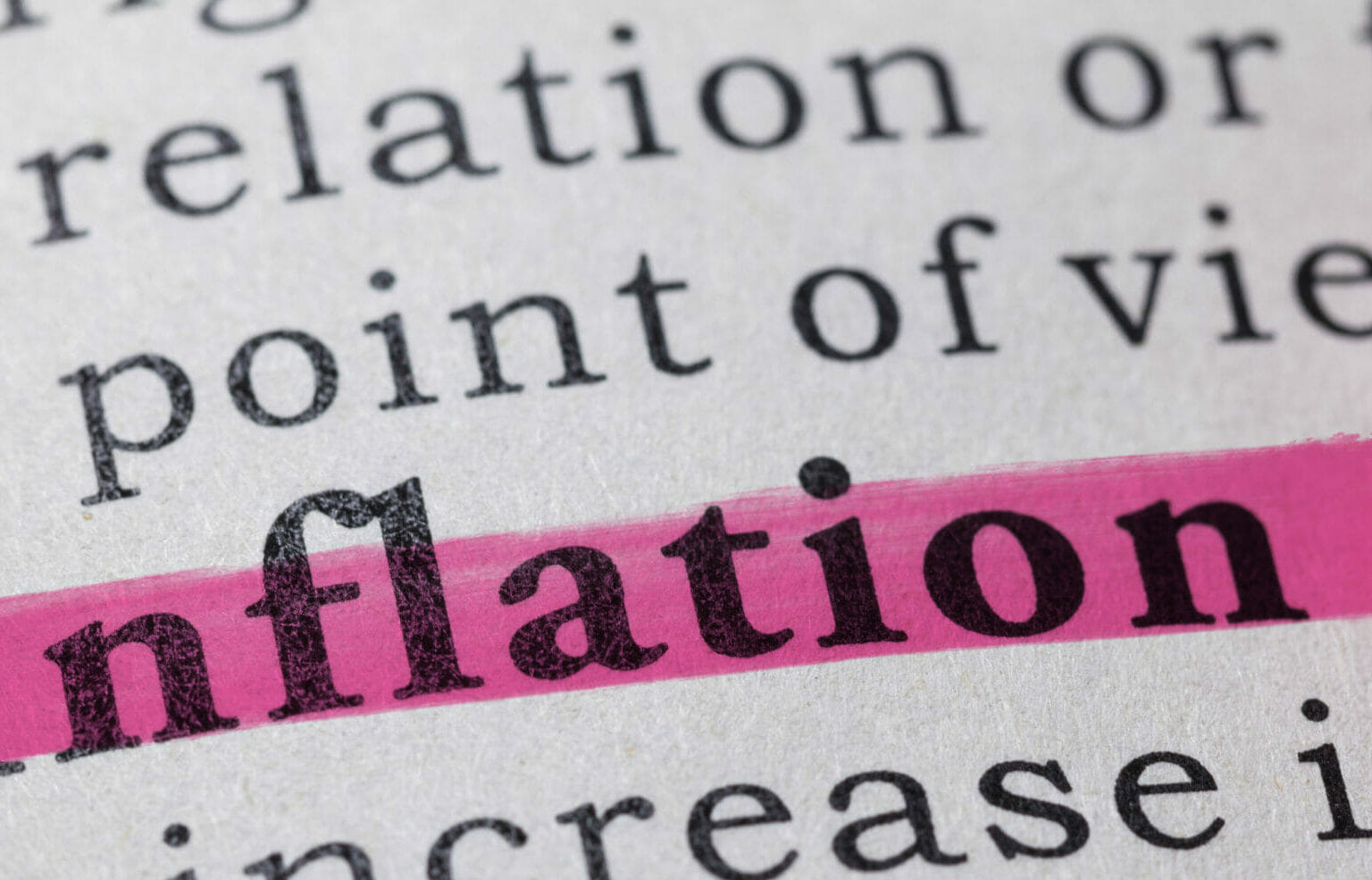Banks are raising interest rates to stop inflation, but this could hurt economic growth.
In reaction to surging inflation, central banks around the world want to raise interest rates sharply.
The US Federal Reserve, Bank of England, and European Central Bank are taking dramatic action to ease inflationary pressure as living costs rise at the quickest annual rate since the 1980s.
Fading economic growth poses dangers for consumers and businesses. Rising rates affect:
Why are interest rates rising?
Inflation has soared in recent months due to the Covid epidemic, supply chain disruptions, labour shortages, and Russia’s war in Ukraine.
OECD inflation is 9.2%, the highest since 1988. Britain’s consumer price index (CPI) measure of inflation surpassed 9 percent in April, the highest since 1982.
Central banks are mandated by their governments to seek low and stable inflation, approximately 2%, but also considering the economy and job outlook.
Thursday is set to be the fifth straight day the Bank of England raises its base rate.
The US Federal Reserve boosted interest rates by 0.75 percentage points on Wednesday. It was the greatest increase since 1994 in reaction to 8.6% US inflation last month.
After ending its bond-buying programme next month, the ECB aims to boost interest rates in July and September.
How does it reduce inflation?
Inflation is the annual increase in a basket of goods and services prices. When supply is limited or demand exceeds supply, prices rise.
Higher rates discourage borrowing and encourage saving. When debt is more expensive, consumer demand, corporate investment, and employment intentions might be affected. When demand exceeds supply, this can cool inflation.
Rising interest rates also strengthen currencies on foreign exchange markets. This reduces import prices and may be a Bank of England priority. With aggressive rate hikes from the Fed, the dollar has reached its highest level in two decades, while the pound has achieved its lowest level since the Covid epidemic in March 2020.
ING economist James Smith: “The Bank will watch sterling” A weaker pound makes increased energy costs in dollars worse.
Central banks value signalling. By hiking rates aggressively, central banks attempt to reduce inflation. This prevents chronically high inflation expectations, which could drive workers to demand bigger pay raises or urge corporations to keep raising prices.

What’s the impact?
High street lenders pass on central bank-raised interest rates to borrowers and depositors. Mortgage interest rates climb faster than deposit rates.
Variable-rate borrowers who track the Bank’s base rate see the change first. Most homeowners have fixed-rate loans. You won’t pay more till the conclusion of your term. This is why central banks believe higher rates take time to counter inflation.
Buy-to-let landlords may pass on higher borrowing costs to renters.
When the Bank boosted interest rates in May by 0.25 percentage points to 1%, Hargreaves Lansdown anticipated mortgage payments would rise by nearly £40 per month.
In the next two years, rising interest rates are expected to increase consumer debt servicing costs from £55bn to £83bn.
Risks?
Reducing consumer demand threatens economic growth. This might compound the likelihood of recession, which is already threatened by rising living costs.
Threadneedle Street must follow a “narrow path” between high inflation and sluggish growth, says Bank governor Andrew Bailey. Some observers expect the Fed will decrease interest rates next year to counter recessionary risks.
Britain’s economy is expected to crawl to a stop next year, with the exception of Russia.
Financial stability concerns go beyond economic development and inflation.
Risky governments?
Higher interest rates and the cessation of ECB bond buying have stoked fears of Eurozone disintegration, reminiscent of the mid-2000s sovereign debt crisis.
After a steep jump in Italian and Greek borrowing costs, the central bank held an emergency meeting on Wednesday to soothe worries. Investors feared that reducing economic stimulus could put pressure on highly-indebted governments.
Katharine Neiss, chief European economist at PGIM Fixed Income, questions if the euro region can tolerate interest rates over 0%.
Developing countries with large dollar debts could be struck hard by rising Fed rates and a stronger dollar.
Sri Lanka defaulted on its loans due to a political and economic crisis, and some say Ghana and Pakistan could also have problems.
